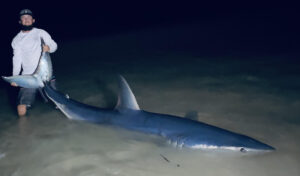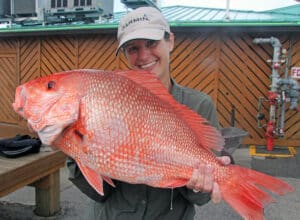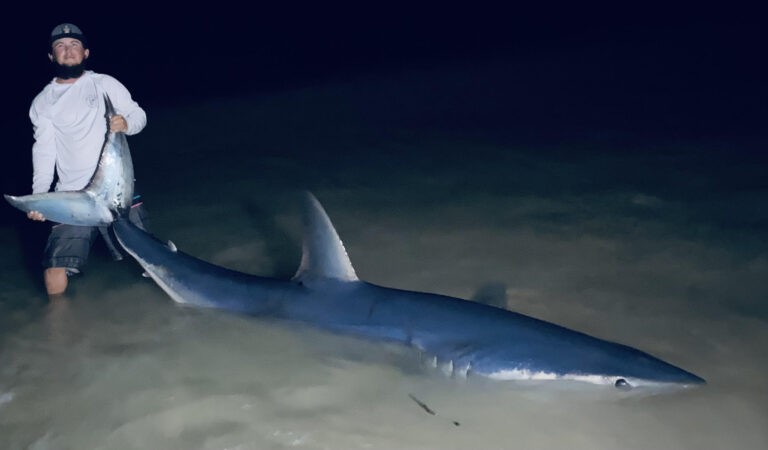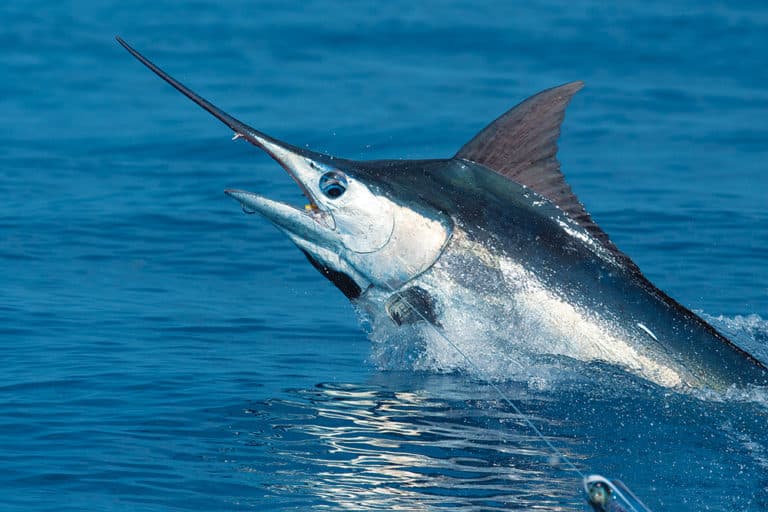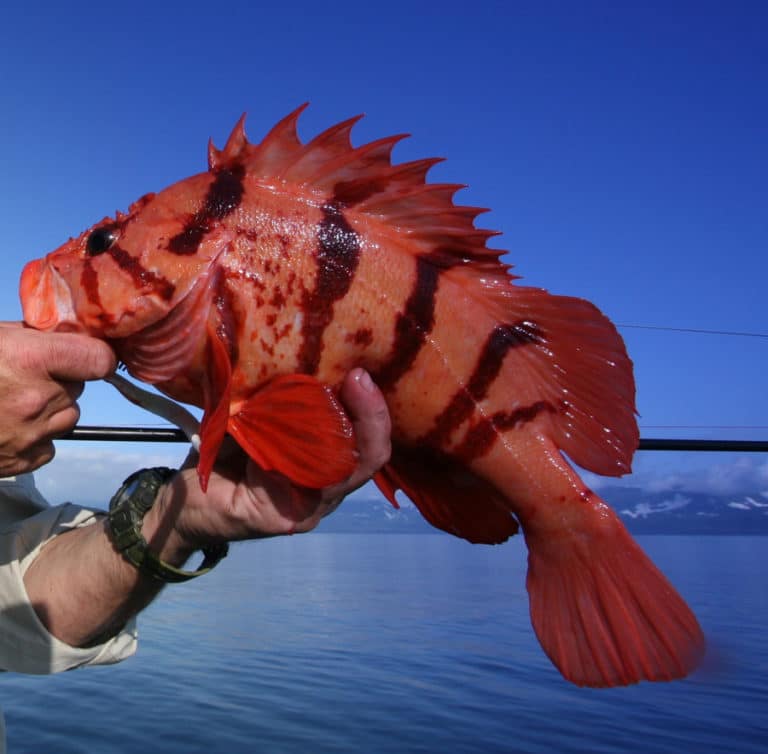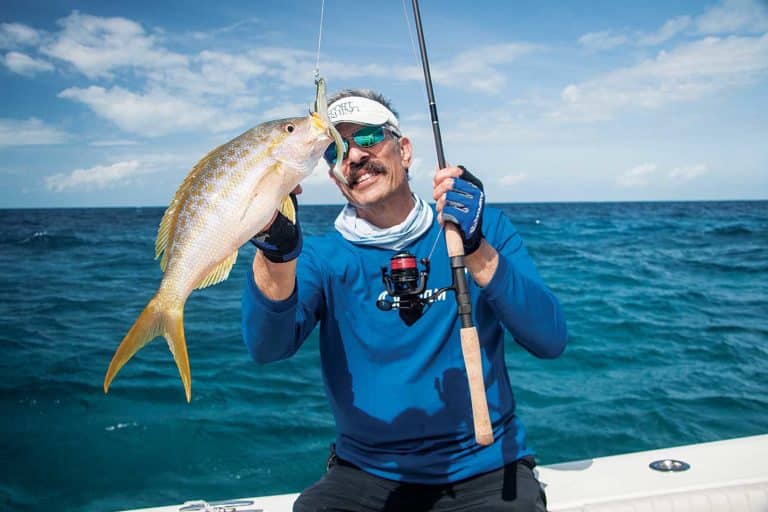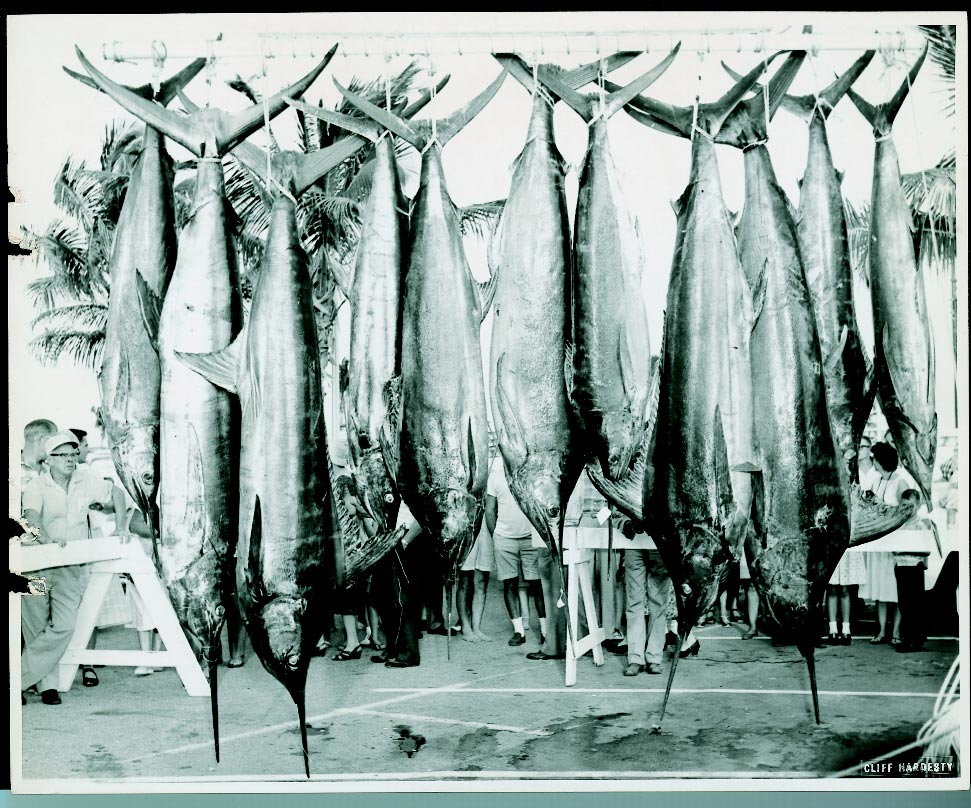
OPINION
Should you happen to be among a mixed group of offshore angling enthusiasts and want to stir things up, loudly proclaim that you believe no billfish should ever be killed for the sake of a possible world record — or, conversely, say that killing a billfish for the sake of a possible record is justified.
Either way, you might want to keep your head down because things could get ugly. This topic has long raised hackles on both sides of the issue.
On the one hand are those who feel that any angler has the right to keep (kill) any fish any time, as long as it’s legal, and it’s really no one else’s business. They feel that questioning this right is simply bowing to the political correctness of fish huggers.
At the other extreme are folks — anglers and nonanglers alike — who believe there’s simply no justifiable reason to kill a billfish (and particularly if to be hung from a scale for the purpose of getting a weight).
But of course there will always be anglers whose attitude puts them somewhere between those opposing camps, often with mixed feelings.
Where do you fit?
This is hardly a new issue but one I was reminded of recently when the first grander blue marlin ever caught in Australia — a 1,090-pounder — was landed. The anglers made no bones about the fact that they made the decision to get an official weight on the fish as a potential — and historic — record catch. They had to slay it to weigh it.
But, inevitably, along with the congratulations came the recriminations.
For example, U.K.’s dailymail.com not only announced the feat but in the same breath questioned it in this interminable headline: “Mates land biggest-ever blue marlin caught in Australian waters weighing 494 kg after two-hour struggle — but shouldn’t they have tagged the fish and let him go?” (Never mind that the fish was in fact a she.)
The article cited several quotes from social media condemning the catch. One suggested, “I personally find this just as wasteful and pointless as killing an elephant.”
“This [fish] fought for his life for over two hours, only to be hung up for glory trophy pictures,” read another.
I suspect that photos of the dark, desiccated grander later hanging from a gantry and another of the angler sitting astride the dead beast in the boat’s cockpit only served to fuel those fires, though certainly many anglers had no issues when seeing such photos.
In an articulate and thoughtful guest op-ed on the issue, published on Australia’s ABC television website and entitled “A big blue marlin caught off Exmouth was killed, but that’s OK,” Jim Harnwell, who works in Australian fisheries management, makes a case for some positive outcomes from such an action, and suggests much of the outrage is based on emotion from an uninformed public. That seems likely to me as well.
At the same time, Harnwell suggests that he would have much preferred seeing the fish tagged and released. I agree there also.
Read Next: Good News/Bad News for Billfish
In fact, I have in the past challenged readers to consider what they would do if they fought an apparent grander boat-side and believed it could be a new record. Give up any dream of claiming that record and snap some photos to let it live, or have the mates gaff it and haul it through the tuna door to put it on a scale back at the dock?
Clearly, that’s an individual decision. For my part, I hope and think I’d opt for the former, tempting as the thought might be of setting a new all-tackle or line-class record on a large marlin. I don’t think I’d ever be able to look at an award certificate and not see that dead fish hanging on a gantry.
But that’s just me.
Doug Olander is editor-in-chief of Sport Fishing magazine.
Sport Fishing welcomes opportunities to share a variety of perspectives from prominent or influential participants in issues related to recreational fishing and fisheries.

